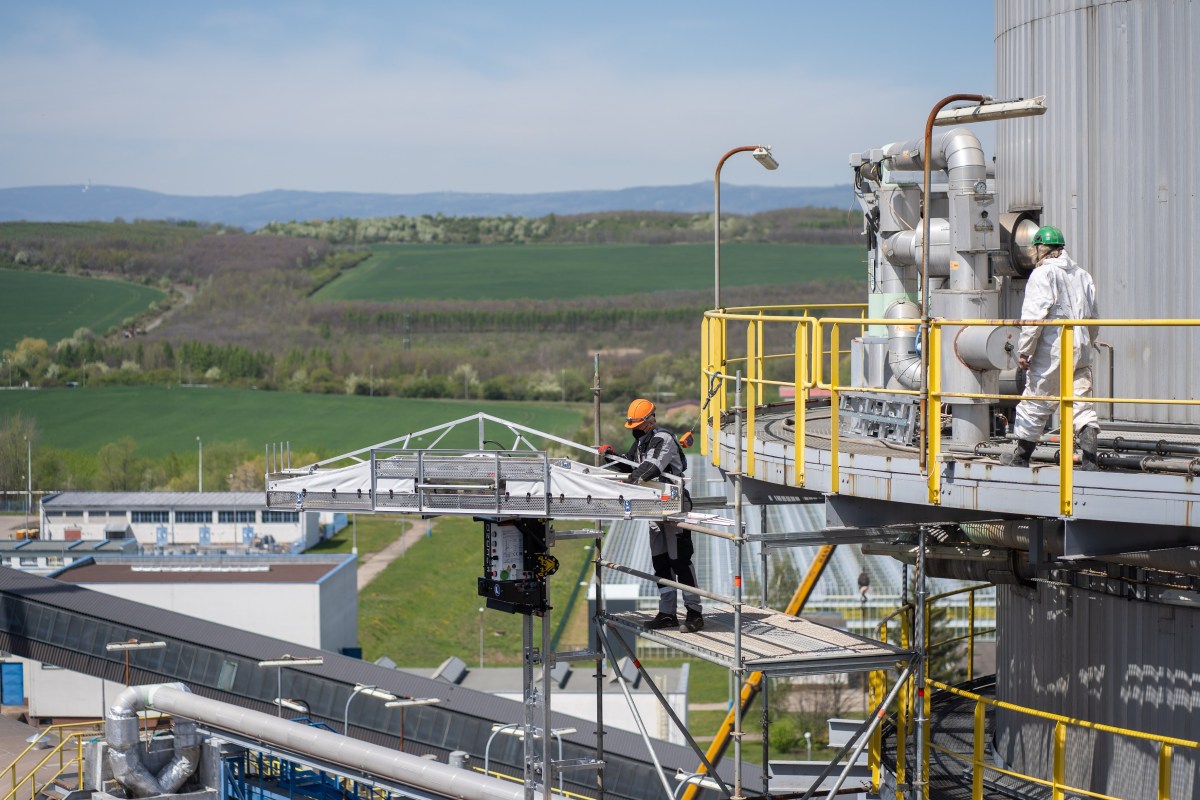I saved $30 a month by using these portable solar panels in my backyard

ZDNET’s key takeaways
- The EcoFlow 125W bifacial solar panels cost $899 for a four-pack.
- They’re portable panels that you can take with you or set up temporarily without construction, with easy setup, and lightweight construction
- Though portable, these bifacial solar panels feel very fragile, so they must be weighed down if conditions are windy; their low 125W input also limits their capacity.
I see more hurricanes in a year than I’d like, so I ensure my house is prepared to weather each storm and its potential consequences. We get a handful of power outages yearly, so I have a whole-home battery backup system and keep several portable batteries around the house. I also take these portable batteries when camping, so I was eager to test the EcoFlow 500W modular solar panel system.
Also: This portable battery station can power your home for two weeks – and it’s $1,400 off
There’s a lot to like about these bifacial solar panels. They’re portable and lightweight, only 9lbs each, yet they’re rigid, unlike other portable panels. These EcoFlow panels have an aluminum frame and a tempered glass layer, so they’re not the pliable solar panels you’re used to seeing on camping trips, though they are suited for camping.
Since I haven’t been camping in the past couple of months, I’ve tested these panels in different parts of my home to see how easy they are to use and relocate.
Also: The portable battery that saved my last camping trip is $159
The panels’ bifacial nature means they benefit from a reflective surface, so I initially set them up on the roof of my sunroom, which is entirely white. The rush of harnessing the sun’s energy so quickly on the white roof had me looking for different portable batteries to recharge the panels within a few minutes of fully charging the EcoFlow Delta Plus 3.
Later, I moved the panels to the backyard to recharge the Delta Pro Ultra in my garage and used them to test several batteries, including the new Anker Solix F3800 Plus. The tech is as successful as you’d expect from 125W solar panels and delivered as promised, charging my Delta Pro 3, River 3, and River Plus 3.
Even if running a home backup system during an outage relieves some of the stress, you still have the added strain of how long the battery will last amid the uncertainty of when power will be restored.
I have an EcoFlow Smart Home Panel 2 and a Delta Pro Ultra for my home backup system. As powerful as this battery is, we had to recharge it on an EV charger during one of the extended power outages we suffered last year. Knowing you can whip out these modular panels to recharge your portable batteries quickly during a power outage helps relieve uncertainty.
We’re facing unsettled macroeconomic times, so I’ve been looking for ways to save as much money as possible at home, but I’m not prepared to invest in installing a complete solar panel system.
Also: Are wind power generators viable at home? I tested one, and here are my results
I strategically used these solar panels to recharge my DPU with solar energy. Then, I discharged the battery during the peak hours of the day, when our electricity rates were highest, which helped me save $7 on my power bill in just one week. This saving would roughly translate into $30 a month using the panels to charge a battery for a few hours daily.
The system is modular, meaning you can connect up to eight EcoFlow solar panels in parallel for a larger capacity.
Also: 12 rules to follow when using and maintaining power stations – from an expert
Though the EcoFlow 125W bifacial panels are rigid enough to stay outside 24/7, they’re not meant to be a permanent solution. These panels are portable and lightweight, so they can’t resist powerful winds without falling over. But they’re strong and durable enough to benefit you more than your average flexible, portable solar panels.
ZDNET’s buying advice
The EcoFlow 125W bifacial modular solar panels are just right for campers and even for use in an emergency. They’re not a permanent home solution, but being built to last while still being lightweight means you can keep these panels around in case of a power outage, harnessing solar energy to fuel your home backup battery.
Also: I tested a smart cooler and can’t go back to toting ice (and it’s $200 off)
With no construction or permits needed to set them up and a built-in stand, you can bring the panels out and put them away as you please. The two included bags, each carrying two panels, make transportation easier. The potential for getting more use out of these EcoFlow solar panels than simply taking them along for a camping trip certainly makes this purchase worthwhile.




